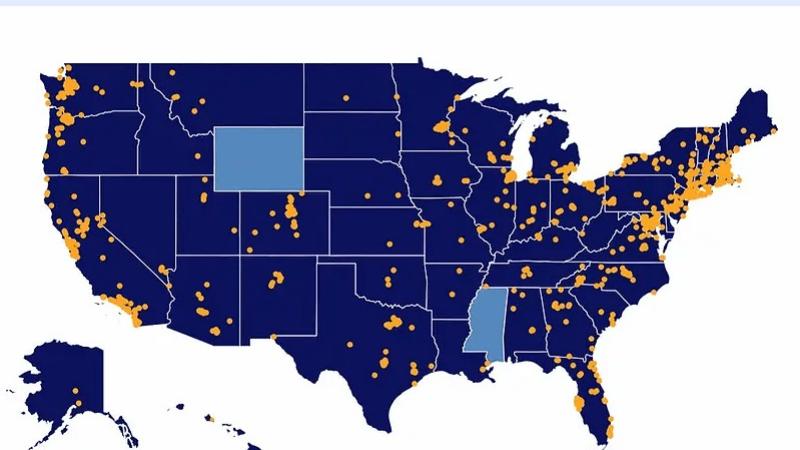Houston company workers oust union from their workplace
MDS Boring employees unanimously voted to decertify the International Union of Operating Engineers from their workplace
MDS Boring employees in Houston unanimously voted to oust International Union of Operating Engineers (IUOE) officials from their workplace after petitioning the National Labor Relations Board for a union decertification election.
Despite the unanimous vote, union officials filed charges against the company in an attempt to delay certification of the election results, a tactic often used to delay decertification. But because of reforms during the Trump administration and Texas being a right-to-work state, employees prevailed.
The vote came about after Seth Patrick, an MDS Boring employee, petitioned the NLRB to allow him and his colleagues to remove the union from their workplace. Patrick received free legal assistance from the National Right to Work Legal Defense Foundation. He also collected enough signatures from his coworkers to trigger an NLRB-conducted decertification election.
Ballots were mailed to eligible employees Oct. 22, and on Nov. 19, the NLRB tallied the results. All 13 workers voted to remove IUOE Local 450 officials from their workplace.
Decertification is an already difficult process under NLRB rules but is often made more difficult by delay tactics and litigation. One tactic used by union officials is to file unfair labor practice charges against a company to delay certification of the election results, as IUOE officials did in this case.
But Foundation-backed “blocking charge” reforms adopted by the NLRB in 2020 enabled the tactic to prove futile because the new rule enables elections to not be delayed even when a union sues. Before the reforms were adopted, union officials were successfully able to block decertification votes by filing unfair labor practice charges against employers, sometimes even without any proof behind their charges, the foundation argues.
But another factor helping the employees is that Texas is a right-to-work state. Under the Texas Labor Code, no one can be denied employment because of membership or non-membership in a labor union or other labor organization.
“Texas laws protect employees from threats, force, intimidation, or coercion for choosing to either participate or not participate in a union,” Texas Attorney General Ken Paxton’s office said. “In other words, the choice of whether to join a labor union is yours; you may not be required to join or pay dues to a union as a condition of employment, nor may you be denied employment because you have joined a union.”
The AG’s Office says that “if an employer has entered into a collective bargaining agreement with a union which requires employees to make payments to, or on behalf of, a labor union under the agreement as a condition of employment, (often referred to as a "union security clause"),” the employer may be violating Texas’ right-to-work law.
Texans who don’t want to participate in a union or make contributions, but feel they are required to do so, or are afraid they will be disciplined or lose their job if they don’t comply, are encouraged to contact the Texas AG’s office.
“Thanks to Texas’s Right to Work law, workers at MDS Boring couldn’t be forced to pay union dues, but they were still forced to accept union bosses’ so-called ‘representation’ at the bargaining table,” National Right to Work Legal Defense Foundation President Mark Mix said in a statement. “It is unfortunate, but not unexpected, that IUOE bosses are now using litigation to block the outcome unanimously favored by the workers they claim to represent.”
MDS Boring & Drilling has been one of the leading road boring and directional drilling contractors in the pipeline industry for over 40 years.
The IUOE is the 10th-largest union in the AFL-CIO with over 400,000 members nationwide. It describes itself as “a progressive, diversified trade union that primarily represents operating engineers who work as heavy equipment operators, mechanics, and surveyors in the construction industry, and stationary engineers, who work in operations and maintenance in building and industrial complexes, and in the service industries,” according to its website.















